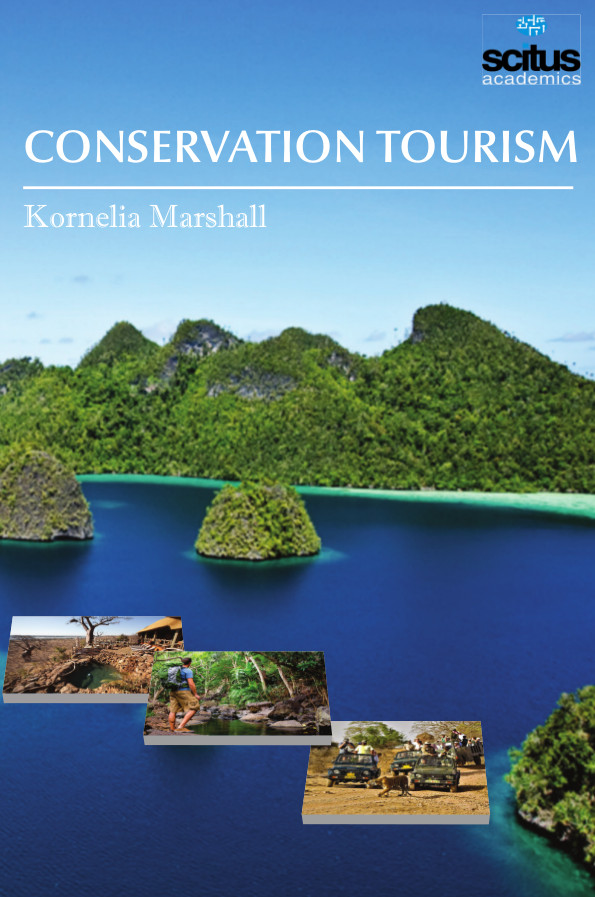Tourism can significantly contribute to environmental protection, conservation and restoration of biological diversity and sustainable use of natural resources. Because of their attractiveness, pristine sites and natural areas are identified as valuable and the need to keep the attraction alive can lead to creation of national parks and wildlife parks. Tourism can contribute directly to the conservation of sensitive areas and habitat. Revenue from park-entrance fees and similar sources can be allocated specifically to pay for the protection and management of environmentally sensitive areas. Sound environmental management of tourism facilities and especially hotels can increase the benefits to natural areas. But this requires careful planning for controlled development, based on analysis of the environmental resources of the area. Planning helps to make choices between conflicting uses, or to find ways to make them compatible. By planning early for tourism development, damaging and expensive mistakes can be prevented, avoiding the gradual deterioration of environmental assets significant to tourism. Cleaner production techniques can be important tools for planning and operating tourism facilities in a way that minimizes their environmental impacts. For example, green building is an increasingly important way for the tourism industry to decrease its impact on the environment. And because waste treatment and disposal are often major, long-term environmental problems in the tourism industry, pollution prevention and waste minimization techniques are especially important for the tourism industry. Tourism has had a positive effect on wildlife preservation and protection efforts, notably in Africa but also in South America, Asia, Australia, and the South Pacific. Many countries have therefore established wildlife reserves and enacted strict laws protecting the animals that draw nature-loving tourists. As a result of these measures, several endangered species have begun to thrive again. This book, Conservation Tourism, focuses on critical engagement with the subject of conservation and tourism, by exploring the wide range of environmental, social and economic impacts.













